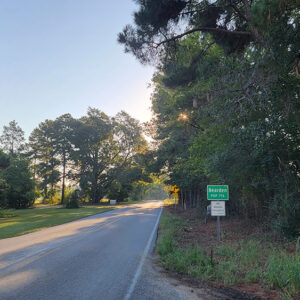 Entering Bearden
Entering Bearden
Entry Category: Cities and Towns
 Entering Bearden
Entering Bearden
Bearden (Ouachita County)
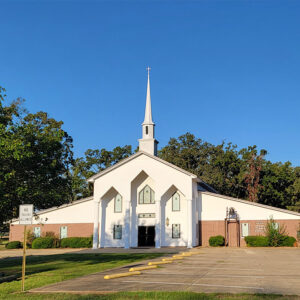 Bearden Church
Bearden Church
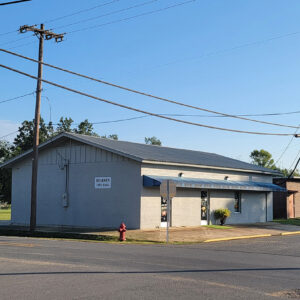 Bearden City Hall
Bearden City Hall
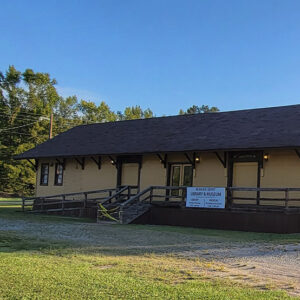 Bearden Library
Bearden Library
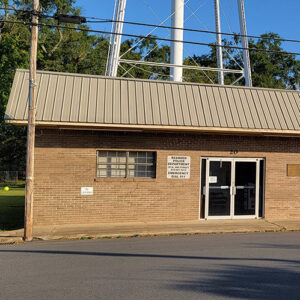 Bearden Police Department
Bearden Police Department
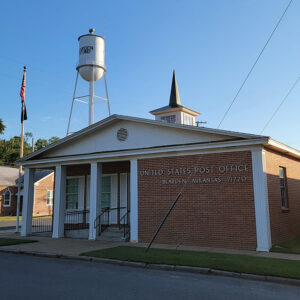 Bearden Post Office
Bearden Post Office
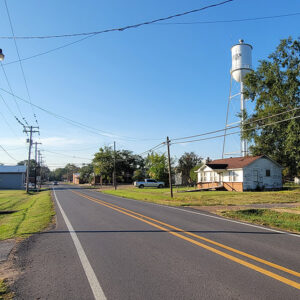 Bearden Street Scene
Bearden Street Scene
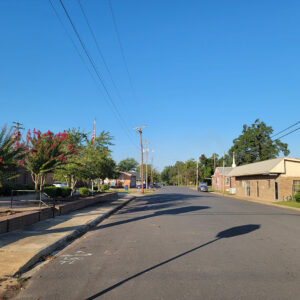 Bearden Street Scene
Bearden Street Scene
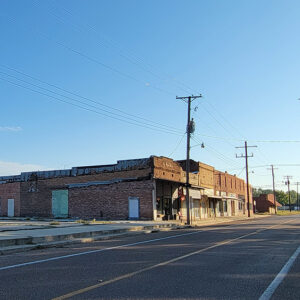 Bearden Street Scene
Bearden Street Scene
 Bearden Waterworks
Bearden Waterworks
Beaton (Hot Spring County)
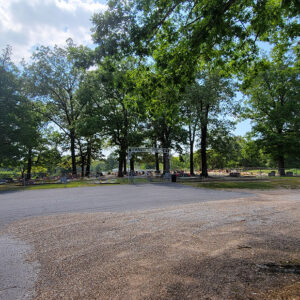 Beaton Cemetery
Beaton Cemetery
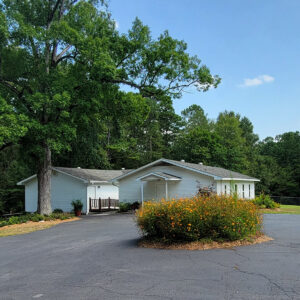 Beaton Church
Beaton Church
Beauchamp (Scott County)
Beaver (Carroll County)
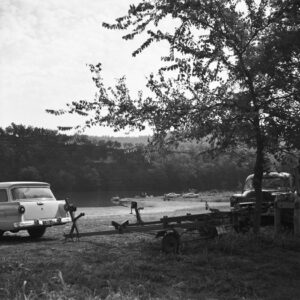 Beaver Boat Launch
Beaver Boat Launch
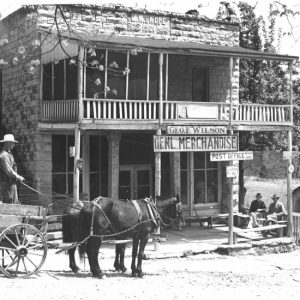 Beaver General Store
Beaver General Store
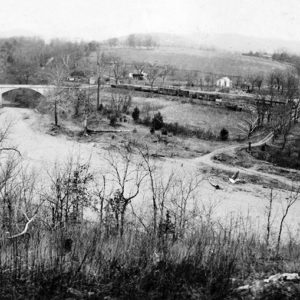 Beaver Panorama
Beaver Panorama
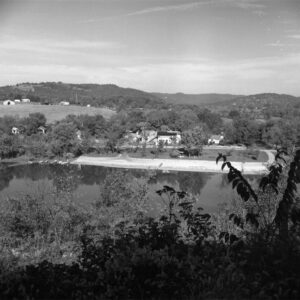 Beaver Scene
Beaver Scene
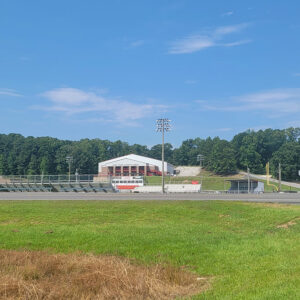 Beaver Stadium
Beaver Stadium
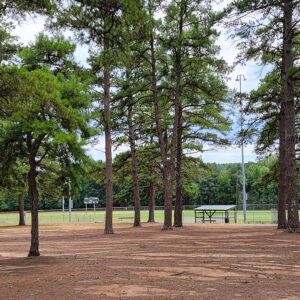 Beaverfork Ball Field
Beaverfork Ball Field
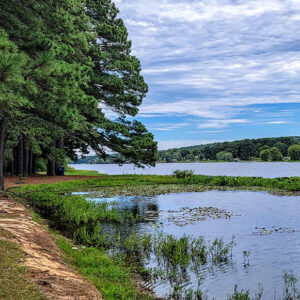 Beaverfork Lake
Beaverfork Lake
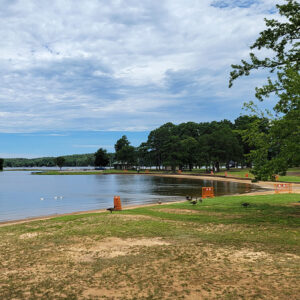 Beaverfork Lake Beach
Beaverfork Lake Beach
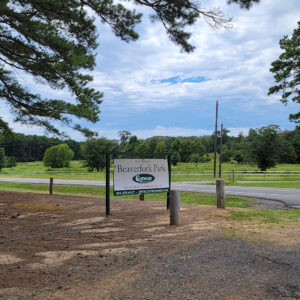 Beaverfork Park Entrance
Beaverfork Park Entrance
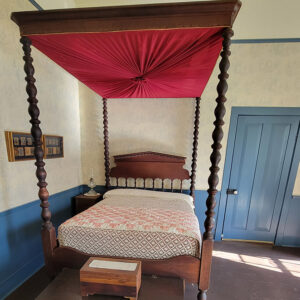 Bedroom Display
Bedroom Display
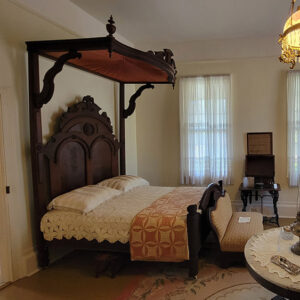 Bedroom Display
Bedroom Display
Beebe (White County)
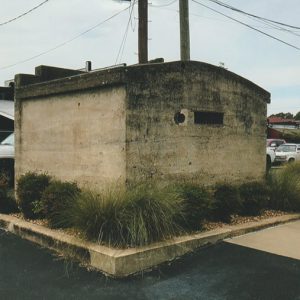 Beebe Jail
Beebe Jail
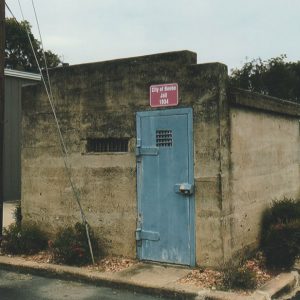 Beebe Jail
Beebe Jail
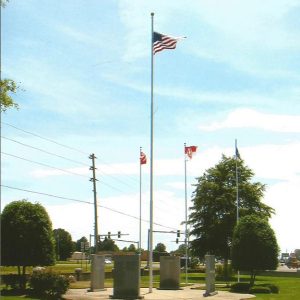 Beebe Memorial
Beebe Memorial
Beedeville (Jackson County)
Beirne (Clark County)
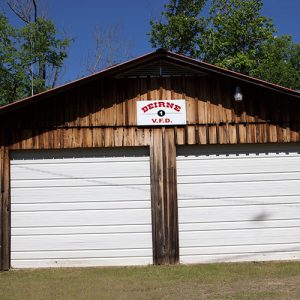 Beirne Fire Department
Beirne Fire Department
Belfast (Grant County)
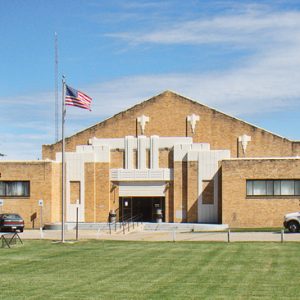 Earl Bell Community Center
Earl Bell Community Center
Bella Vista (Benton County)
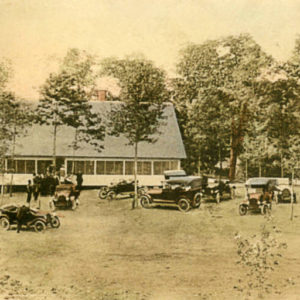 Bella Vista Dining Lodge
Bella Vista Dining Lodge
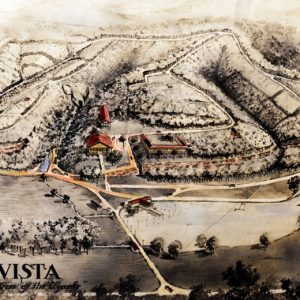 Bella Vista Plan
Bella Vista Plan
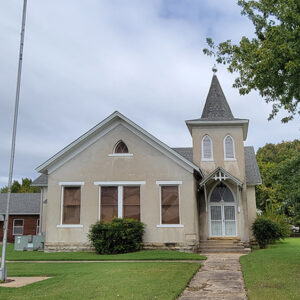 Belle Museum
Belle Museum
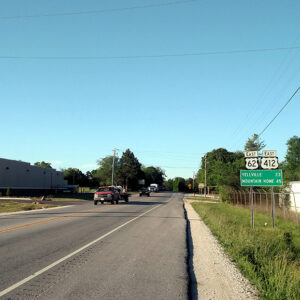 Bellefonte
Bellefonte
Bellefonte (Boone County)
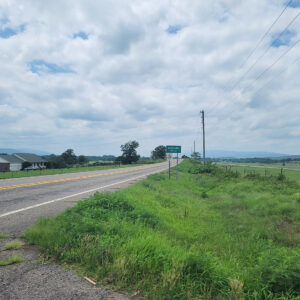 Belleville
Belleville
Belleville (Yell County)
 Belleville Fire Department
Belleville Fire Department
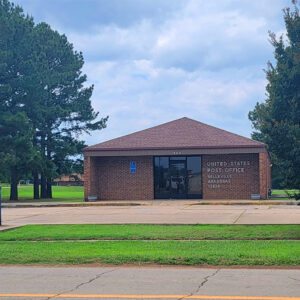 Belleville Post Office
Belleville Post Office
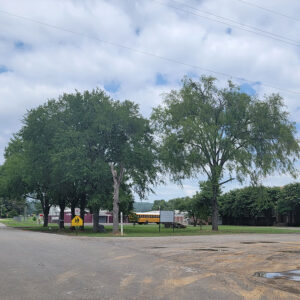 Belleville School
Belleville School
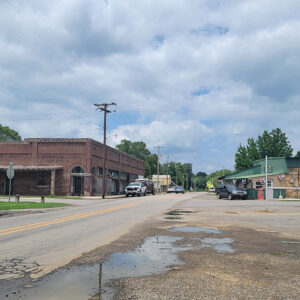 Belleville Street Scene
Belleville Street Scene
Belmont (Pulaski County)
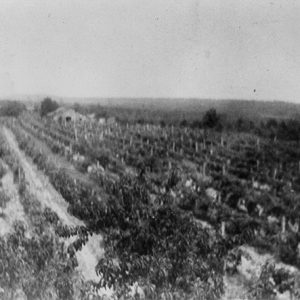 Belotti Vineyards
Belotti Vineyards




